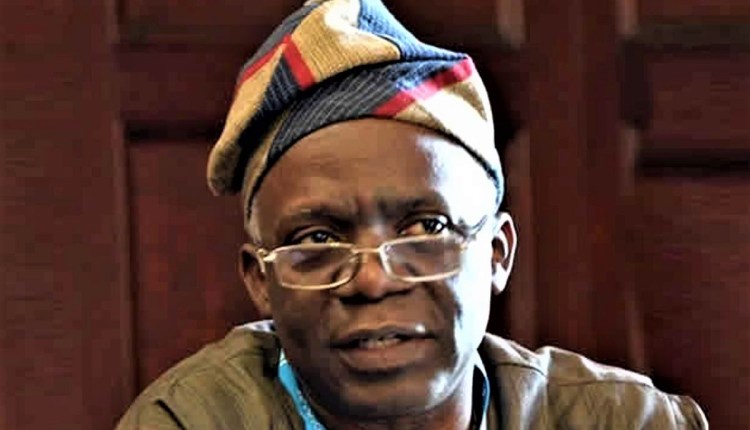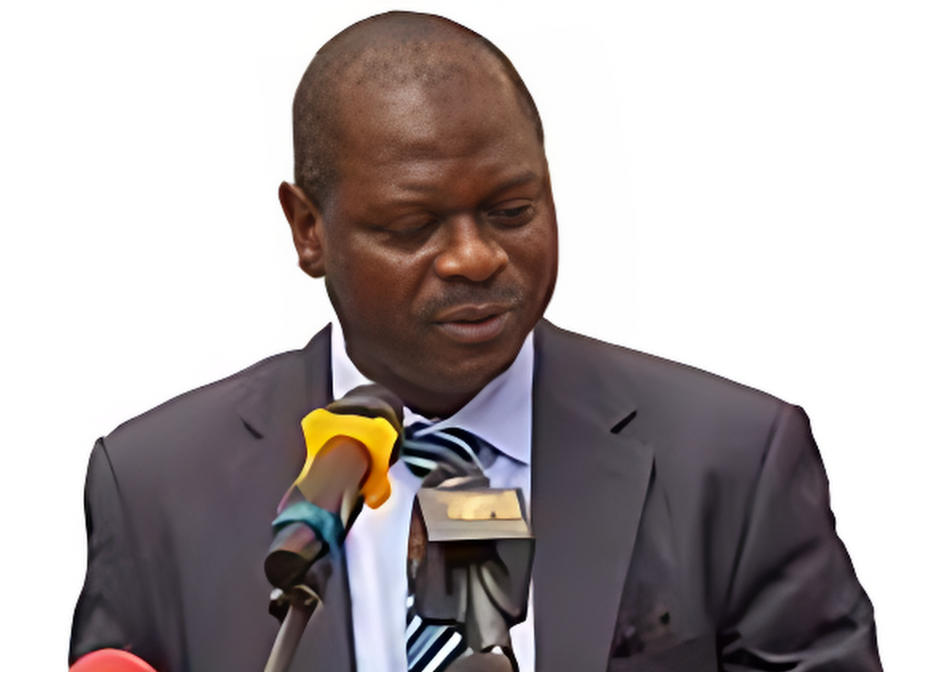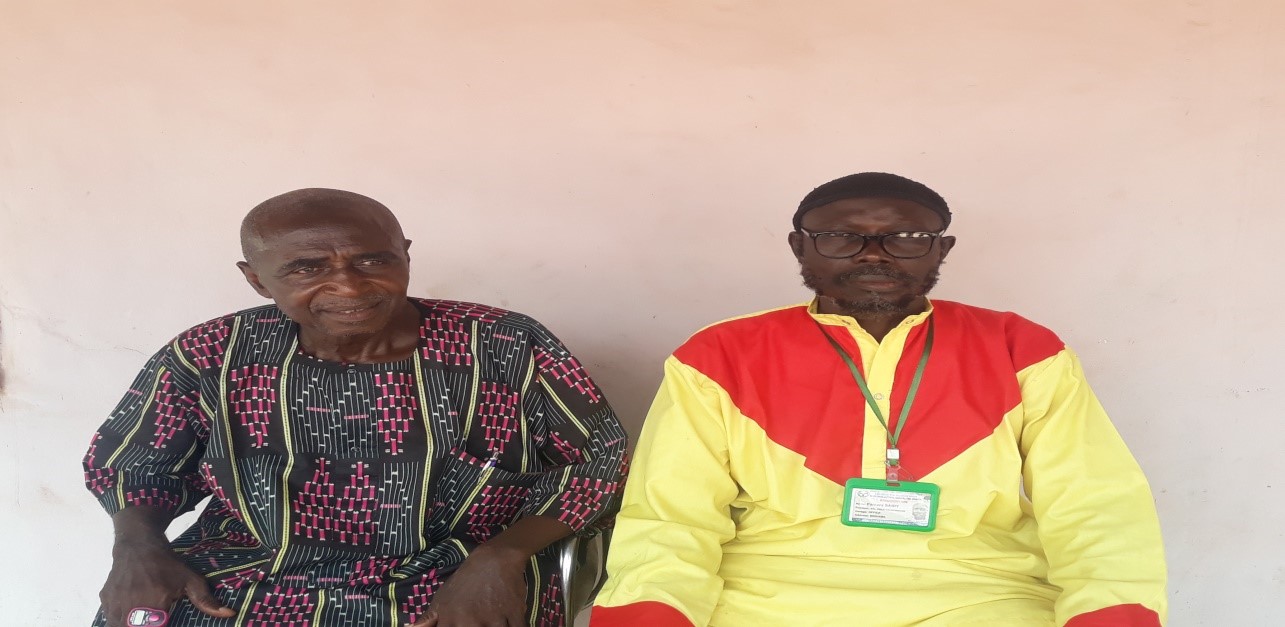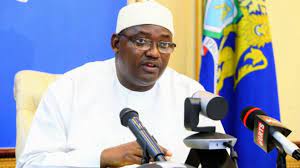Prominent human rights lawyer, Femi Falana of Nigeria, has called on the Chief Prosecutor of the International Criminal Court (ICC), Fatou Bensouda, to “immediately open an investigation into allegations of international crimes committed by the government of former Gambian president, Yahya Jammeh”.
Addressing a forum, organised by the African Network on International Criminal Justice in Dakar, Senegal, on Wednesday, Falana frowned at the ICC for its alleged failure to intervene in The Gambia.
In the paper, titled: “Africa and the ICC: Achieving justice for victims and ending impunity across the continent,” Falana said “If the ICC wants to be relevant in Africa it cannot continue to pick and choose the cases to investigate and prosecute.”
He added: “the Prosecutor of the ICC issued warnings and threatened to prosecute politicians linked with political violence during the 2015 general election in Nigeria. But no such warning was ever issued when former President Yahya Jammeh annulled a credible presidential election held in The Gambia in 2016.”
Falana commended ECOWAS for its role in ending Gambia’s political problem, and urged the ICC to probe the allegations of abuses against the Jammeh regime.
“Happily, ECOWAS intervened decisively and prevented the break out of a civil war in the country. As the ICC cannot continue to turn a blind eye to atrocities committed by the regime of former president Yahya Jammeh of Gambia, the Prosecutor should open an investigation into them under the Rome Statute without any further delay.”
Falana accused the ICC of selective justice and witch hunting African leaders.
“To the extent that the ICC has failed to try the heads of governments of some powerful states responsible for the unprecedented crimes against humanity and genocide committed in Iraq, Afghanistan, Libya and Syria the allegation of selective prosecution of African leaders cannot be dismissed lightly. But the failure of the ICC to prosecute such well known highly placed criminal suspects should not be a justification for preventing the arrest and trial of other perpetrators of crimes against humanity and genocide.”
He added: “As far as Africa is concerned, the ICC cannot be absolved of the allegations of selective prosecution. In fact, the case of former President Laurent Gbagbo (of Cote d’Ivoire) has gone from selective prosecution to selective persecution. Whereas he was discharged and acquitted in February 2019, the ICC has ordered him to be incarcerated in Belgium pending when the Prosecutor would file a fresh charge against him. But since the ICC has no power to order a defendant that has been tried, discharged and acquitted, it ought to quash the detention of Mr. Gbagbo forthwith.”
Falana, however, warned that as long as the governments in Africa continue to pay lip service to the fight against impunity, the victims of egregious human rights infringements will not hesitate to seek redress in available human rights mechanisms with a view to bringing perpetrators to book.
“If the AU does not want Africans accused of violations of international law to be tried outside the continent and outside domestic jurisdictions, it has to show strong political will to combat impunity and ensure justice for victims. Refusal to comply with court orders admitting criminal suspects to bail or ordering the release of detainees is an invitation to anarchy.
“The manipulation of constitutions for tenure elongation is also an invitation to political instability.”
Last month, the Gambia Press Union gave Falana a Champion of Press Freedom award for his role in defending Gambian journalists at the ECOWAS Court in Abuja and for defending freedom of the press across West Africa.





